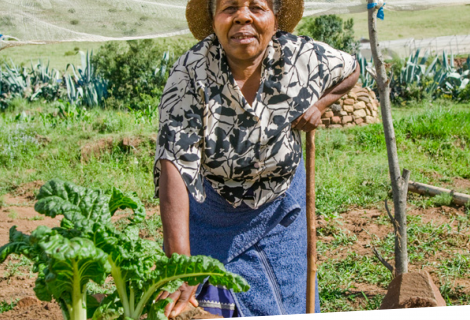
Over 500 million family farms currently produce around 80% of the world's food. Comprising smallholders, pastoralists, fisherfolk, forest-dwellers, tenant farmers and indigenous people, around half of these farmers are women. Increasing evidence shows that the peasant-based agroecological systems used on these farms are superior to industrial farming methods: they are highly productive and sustainable, resilient to climate change, and offer multiple social, cultural and environmental benefits. Based on this evidence, we have joined the global call to scale up agroecology, urging international organisations to support agroecology on a large scale, based on seven key steps:
- Supporting broad-based peasant social movements and rural women's movements to widen the use of agroecology at a grass-roots level.
- Prioritising implementation of the UN Committee on the Elimination of Discrimination Against Women (CEDAW) General Recommendation 34, which protects the rights of women in rural areas to participate and benefit from rural development, and to access land and natural resources.
- Urging governments to adopt policies that support and encourage the transition to agroecology
- Ensuring that agroecology is taken forward as a key tool in adaptation to climate change.
- Prioritising local food systems and territorial markets, fostering short food supply chains.
- Increasing public finance support for agricultural research and development that prioritises agroecology.
- Repealing intellectual property right rules on seeds, protecting women's rights to resources, and breaking up the monopolies of agricultural transnational corporations.